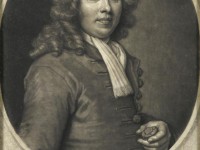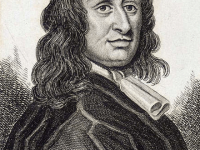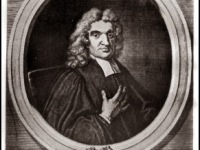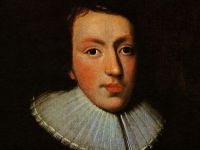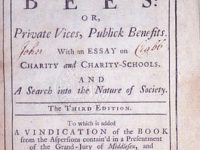Thomas Tompion – the Father of English Clockmaking
On July 25, 1639, English clock maker, watchmaker and mechanician Thomas Tompion was baptized. He is still regarded to this day as the Father of English Clockmaking. Tompion’s work includes some of the most historic and important clocks and watches in the World. The Son of a Blacksmith Thomas Tompion was born in Northill, Bedfordshire, England, the son of a blacksmith and became an an apprentice of a London clockmaker around 1664.Very…
Read more

